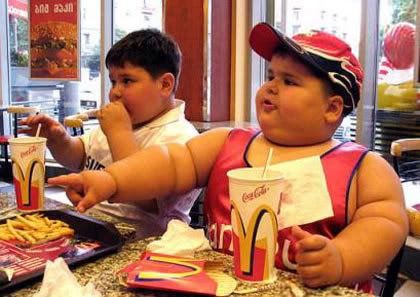
A new study reports a controlled dose of the main ingredient in hallucinogenic mushrooms, psilocybin, appears to help reduce anxiety and lift spirits in people battling advanced cancer. The study, by Dr. Charles Grob, will be published in the January 2011 print issue of the Archives of General Psychiatry.
The government, suffering from bad vibes dating back to the 60's, when its foundations actually shook, is still incredibly reluctant to fund this kind of research. Health Day reports that it took four years to get the funding and necessary approvals for this trial, even though it only involved a dozen patients (all with advanced cancer). It has been over thirty years since a similar study was conducted.
In the study, patients reported feeling calmer and happier, and that they felt closer connections to friends and family. They were better able to address end-of-life issues. This is very important according to Dr. Amy Abernethy, director of the Duke University Cancer Care Research Program in Durham, N.C. She told Health Day, "We know that with some people with advanced life-threatening illness, there is very truly a substantial existential component and importance and need for meaning-making in life, and that until people start making that transition they can be very, very distressed. It can be hard to get back to the business-of-life closures and other things you need to do at the end of life. This kind of intervention [may] allow people time and space and extended cognitive ability to reflect on life and see it in a different way, make that transition and then get back into a more relaxed space and get back to the business of living.
"Being in the business of living is about doing what is important and meaningful to you every day even if you don't have many days left, focusing on things like saying goodbye to loved ones, which can be hard to do if you're distressed."
Read the whole story
here.








